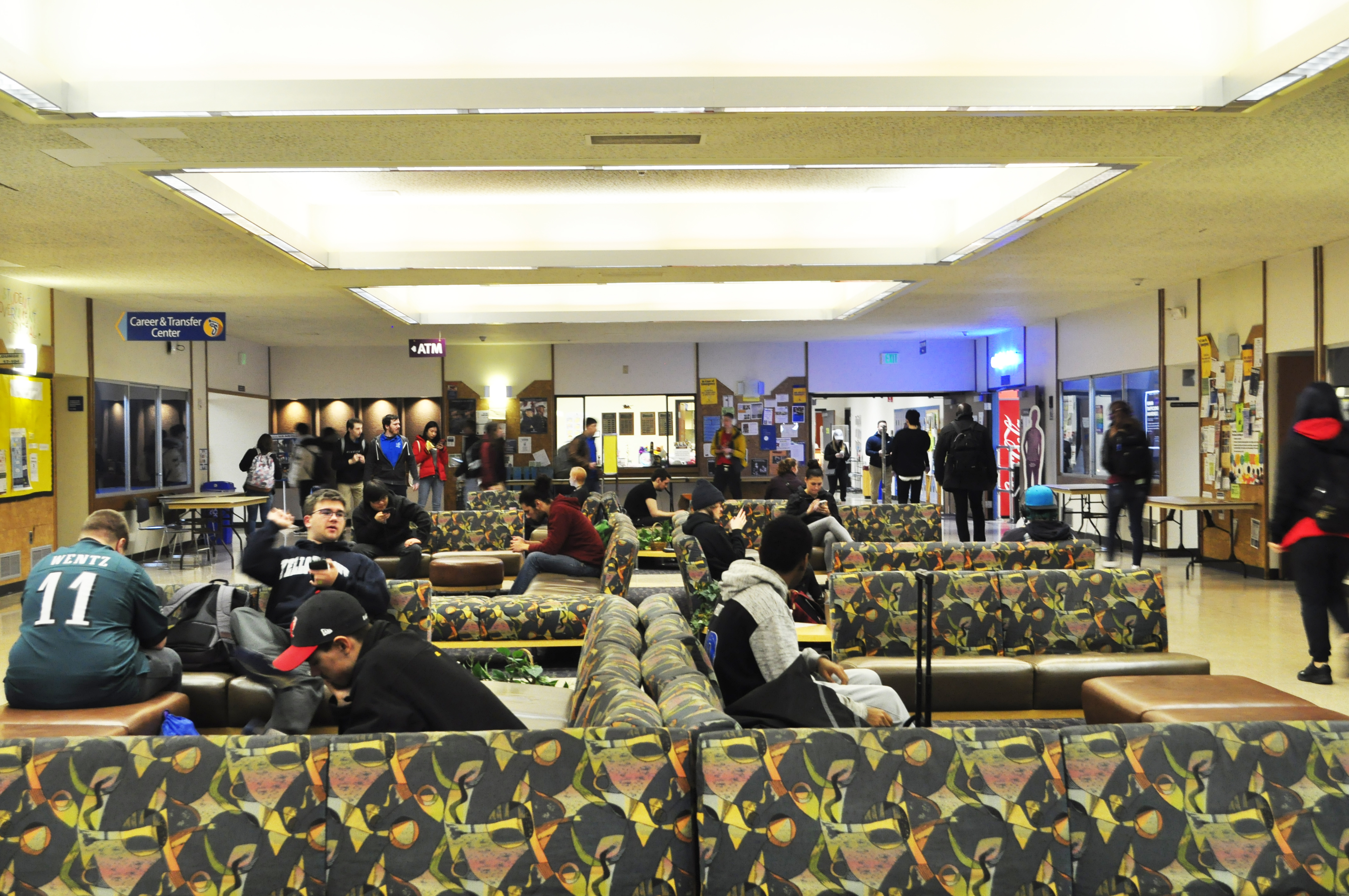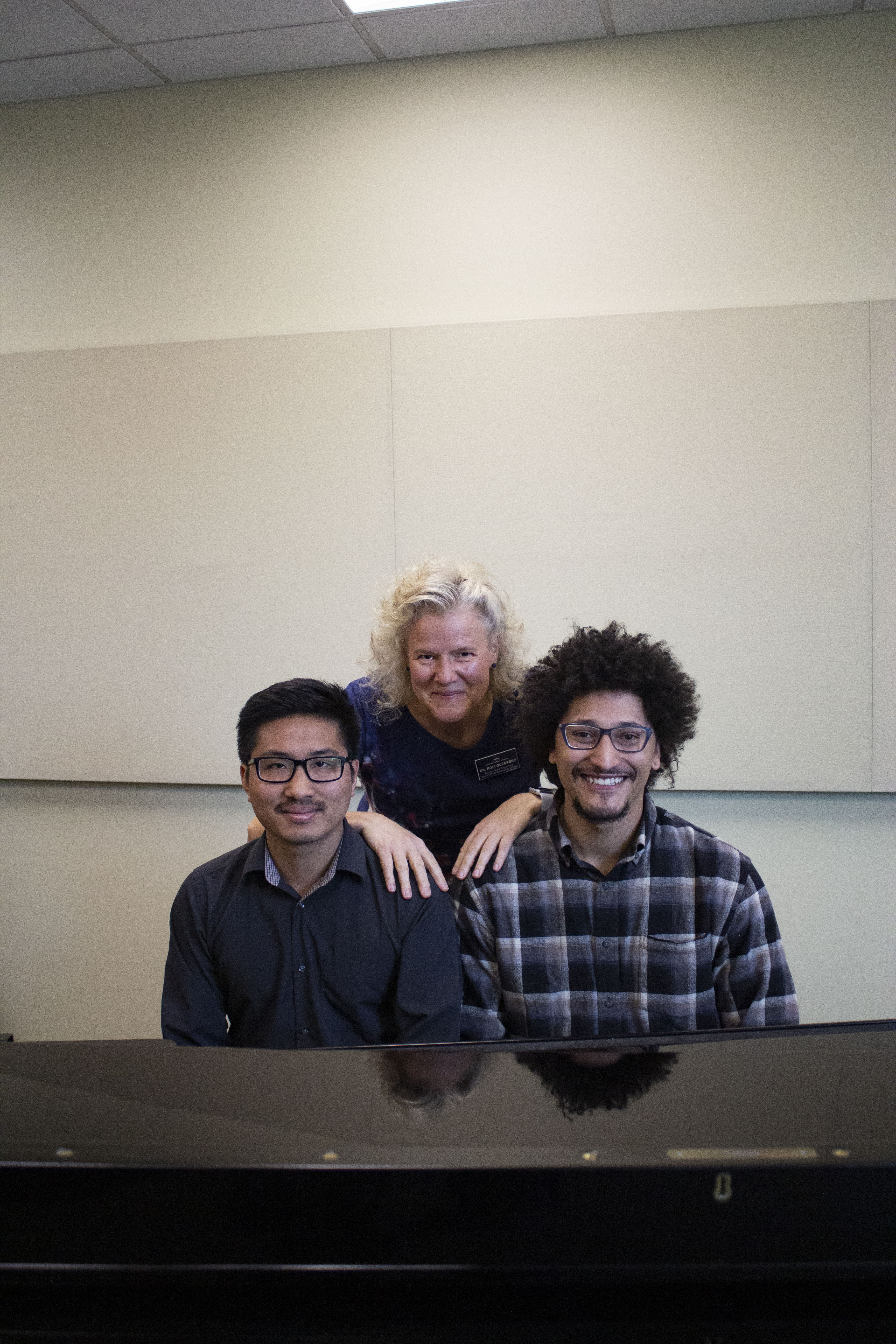International day of remembrance is celebrated worldwide as locals in the community observe, look back at history.

Jan. 27 is International Holocaust Remembrance Day. This date was designated by the United Nations to celebrate the anniversary of the 1945 liberation of Auschwitz-Birkenau at the end of WWII as well as honor all victims of the holocaust and Nazism.
“Today we face an alarming rise in Holocaust denial and antisemitism — even in the very lands where the Holocaust happened — and threats of genocide in other parts of the world,” states the United States Holocaust Memorial Museum, on their official website.
Rabbi Hershel Zellman represents Temple Beth Shalom in Spokane. Zellman hasn’t personally experienced firsthand discrimination in Spokane, but others in his family have.
Many groups have harassed the Jewish community in Spokane and Coeur d’Alene. At one point, they even left leaflets at Zellman’s synagogue.
Despite this, Zellman’s lifestyle is directly influenced by the philosophies of his religion. His methods for communicating for others are non confrontational.
“The precepts, many of the precepts, that our religion was built on I think are applicable to today about how we treat each other and how he asked for forgiveness,” Zellman said.
Zellman acknowledges that the Holocaust is briefly taught in schools but it’s a subject some people may have trouble understanding.
“I think it’s a concept that’s very, very hard to grasp,” Zellman said. “How you get your head around 6 million people when we talk about it here during our Holocaust observance.”
Each year, a new theme is set for the observance of Holocaust. This year’s theme is standing up for the other.
Neal Schindler, director of Jewish Family Services for the Spokane area, plans many of the events that go on throughout the year. Schindler encourages non-Jewish people to come participate in the Observance, as well as other Jewish holidays throughout the year.
“Whenever there’s a minority group in a city like Spokane and the surrounding area is very Christian and very white and so forth and so on,” Schindler said, “it’s good actually if you can form personal relationships with one or more people in that group because then you’re less of an outsider, you can understand better what it’s like a little more, to have experience of being a minority person in whatever way the person is.”

